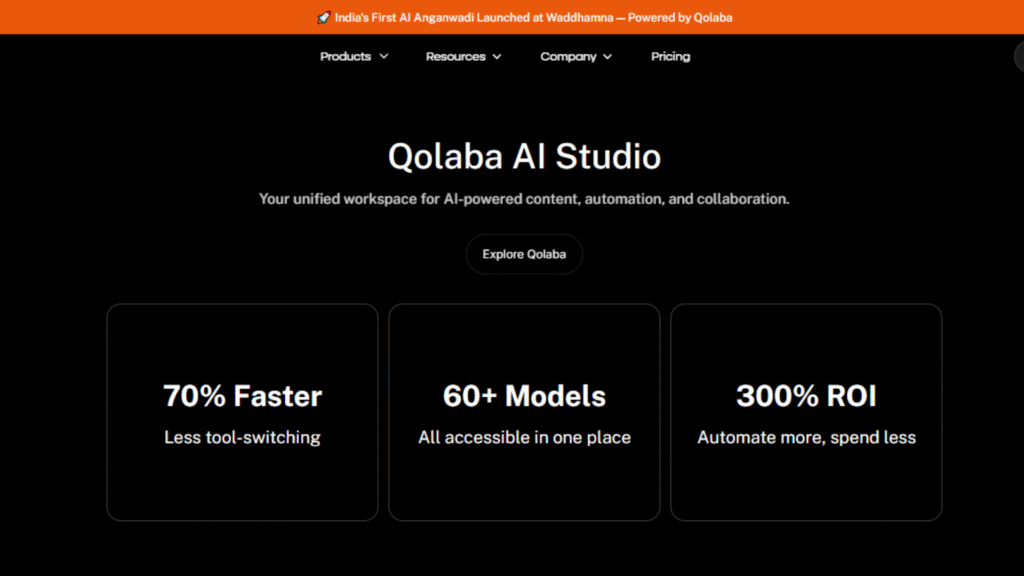AI is reshaping the consulting industry, revolutionizing how firms conduct research, analyze data, and deliver value to clients. In 2025, top consultancies are using advanced AI to automate repetitive tasks, boost accuracy, and empower their teams to focus on high-value activities. Here’s how AI is transforming consulting and the vital role human insight continues to play.
How AI Powers Research and Analysis for Consulting Firms
Rapid Data Gathering
- AI efficiently scans, extracts, and organizes information from market reports, news articles, financial statements, academic papers, and social media.
- What once took junior analysts weeks can now be accomplished within hours, dramatically accelerating project timelines.
Automated Summarization
- Generative AI swiftly condenses vast volumes of text into key insights, executive summaries, and structured reports.
- Teams can process and present research findings much faster than traditional methods.
Hypothesis Generation & Scenario Testing
- AI models generate hypotheses, test scenarios, and simulate business outcomes based on massive datasets.
- Consultants can explore more options and validate strategies earlier in the project cycle.
Continuous Analysis with AI Agents
- AI agents perform ongoing cycles of research, document creation, and initial analysis.
- Firms stay updated on market developments and client-specific changes automatically.
Slide and Report Drafting
- AI tools produce slide decks, tables, and initial drafts, letting consultants iterate quickly.
- More time is spent refining narratives and recommendations rather than formatting.
How Leading Firms Are Using AI

McKinsey & Company
- Leverages QuantumBlack to combine AI-powered analysis with traditional consulting insight.
- Launched “Lilli,” an internal AI platform that instantly searches the company’s vast knowledge base.
- Develops proprietary AI tools for causal inference, scenario planning, and supply chain modeling.
Boston Consulting Group (BCG)
- Formed BCG X—an AI and analytics division—merging strategy with deep tech and data science.
- Builds explainable AI tools so clients trust and adopt AI-driven recommendations.
- Partners with leading AI providers to co-develop forecasting and risk analytics tools.
Bain & Company
- Deploys generative AI in partnership with OpenAI to automate research and scenario creation.
- Uses AI for creative marketing campaigns with major clients like Coca-Cola.
- Specialist “Vector” team bridges digital transformation with operational execution.
Big Four and Boutique Firms
- PwC, KPMG, Deloitte, and EY invest billions in generative AI, training thousands of consultants.
- AI-first consulting startups compete by offering rapid, lower-cost research services.
AI Transforming the Consulting Business Model
Flat Teams over Large Pyramids
- Automation reduces the need for large teams of junior analysts.
- Firms hire more mid-level and senior consultants who bridge tech and business strategy.
Shift from Billable Hours to Value-Based Models
- Faster AI-enabled projects prompt outcome-based or subscription pricing models.
- Firms explore new revenue streams by productizing AI tools and offering subscription-based advisory.
Open Competition and Client Empowerment
- AI levels the playing field, letting smaller consultancies compete on insight and turnaround time.
- Large client organizations build internal AI capabilities but still rely on consultants for transformation and execution.
The Challenge: Managing Multiple AI Tools
As AI tools proliferate, consulting firms face new bottlenecks:
- Workflow Complexity: Analysts switch between OpenAI, Anthropic, Google Gemini, internal chatbots, and custom agents depending on project needs.
- Integration Issues: Moving findings and workflows between tools creates version-control headaches and slows analysis.
- Compliance Scaling: Clients expect bulletproof data privacy, regulatory adherence, and transparent insight derivation across all AI tools.
The Solution: Unified AI Platforms

This is where unified AI studios like Qolaba come in:
- Aggregated Power: Access to 60+ leading AI models (OpenAI, Anthropic, Google, and more) from a single workspace and dashboard.
- Streamlined Research: Combine text analysis from Claude with summarization from ChatGPT, scenario simulation from Gemini—all within one workflow.
- Collaborative Insights: Team-based workspaces, permission controls, and workflow automation keep all stakeholders aligned across global practices.
- Cost-Efficient Billing: Single, credit-based plan removes complexity of managing multiple tool subscriptions across large firms.
- Enterprise Security: Designed with compliance, audit trails, and privacy standards essential for client-facing work.
Practical Impact
- Faster project turnaround with fewer analysts producing more value
- Deeper insights leveraging multiple best-in-class models in tandem
- Enhanced knowledge transfer through unified, searchable workspaces
- Maintained compliance as tools and workflows grow more complex
Human Consultants: More Essential Than Ever
Even as AI automates core analysis, human expertise remains vital for:
- Strategic Judgment: Framing the right questions, setting research priorities, and interpreting findings in complex environments.
- Stakeholder Management: Navigating organizational politics and building consensus—skills AI cannot replicate.
- Storytelling and Persuasion: Crafting impactful presentations and guiding organizational change through trust and empathy.
- Issue Design: Determining what matters to each client and adjusting hypotheses based on experience and intuition.
Where AI Excels vs. Where Humans Lead
- AI is most valuable for: Initial research, data analysis, trend mapping, hypothesis generation, scenario simulations, and first-draft report writing.
- Human consultants are essential for: Organizational transformation, navigating culture and politics, consensus-building, strategic storytelling, and bringing recommendations to life.
Key Takeaways for Consulting Leaders
- AI automates foundational research and analysis, letting consultants focus on decision support and client relationships.
- The traditional “pyramid” staffing model is challenged by leaner, tech-savvy teams with strong human capital at the core.
- New roles—AI implementation advisor, AI risk manager, and prompt engineer—are emerging with training focused on AI literacy and change management.
- Firms that leverage AI while strengthening human insight, empathy, and strategic facilitation will lead industry transformation.
Conclusion
AI is becoming a core enabler of value for consulting firms—helping them research faster, analyze deeper, and deliver more strategic impact to clients. Leaders like McKinsey, BCG, Bain, and the Big Four are racing to build internal platforms and adopt cutting-edge AI models.
True competitive advantage will belong to firms harnessing unified solutions like Qolaba, which consolidate the best AI on the market and empower consultants to deliver differentiated value at scale—without sacrificing security or compliance. The successful consulting firm of the future positions AI as a powerful partner that amplifies human expertise rather than replacing it.





